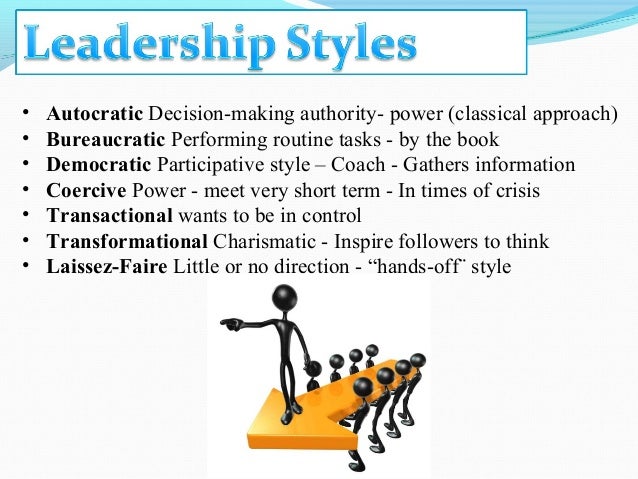

Leadership was targeted because previous research (e.g. Thus, the current study focused on examining relationships among leadership styles, employee work engagement and work outcomes. In spite of significant empirical studies on associates of work engagement, little research have been found that explored the potential link between leadership behaviors and employee engagement in the wider human resources literature ( Carasco-Saul et al., 2015). In the plethora of studies examining the correlates of employee engagement, particularly in Western and some Asian contexts, the most discussed antecedents included job resources, personal resources, perceived supports, learning organizations, and transformational leadership, while the personal-level outcomes considered were performance, turnover intention, organizational citizenship behavior, health, proactive behavior, innovative behavior, and knowledge creation practices. Bakker and Demerouti, 2008 Kim, 2014 Park et al., 2013 Saks, 2006 Salanova et al., 2011 Salanova and Schaufeli, 2008 Schaufeli and Bakker, 2004 Song et al., 2012 Xathopoulo et al., 2007) studied employee engagement within the framework of its antecedents and consequences using mainly the job demand-resources model, social exchange theory, social cognitive theory, and leadership theory. Studies, (e.g., Bakker and Bal, 2010 Harter et al., 2002 Xathopoulou et al., 2009) recorded the noteworthiness of employees' work engagement for organizational achievement measured in terms of monetary returns, productivity, client satisfaction, and a number of individual-level alluring employees' characteristics such as taking initiative and being proactive. In swaying followers and harnessing organization member's selves to their work roles, leaders must enhance employees' motivation as having engaged employees is critical for organization to achieve its goal ( Batista-Taran et al., 2009). The fundamental of leadership is its persuading power on human resources, organizations' source of competitive advantage, and the resultant outcomes. Leadership is crucial for effective functioning of any organization. The findings provide insights into how leadership styles correspond with employees’ work outcomes. The observed associations and mediation were consistent across the two national samples considered, indicating the soundness of the assumptions across countries. Besides, work engagement partially mediated the relationship between leadership styles and work outcomes. Work engagement had significant positive relationships with the indicators of work outcomes. However, laissez-faire leadership style had a significant negative relationship with task performance. The results showed that transformational leadership style had a significant positive relationship with employees' work engagement and innovative work behavior, while transactional leadership style had a significant positive relationship with employees' task performance. To test the proposed hypotheses, multiple linear regression analysis was utilized.


In total, 147 participants from Ethiopia and 291 from South Korea were made to fill in the self-reporting questionnaire intended to assess leadership styles, work engagement, task performance, and innovative work behavior.

The present study examined relationships among leadership styles, work engagement and work outcomes designated by task performance and innovative work behavior among information and communication technology professionals in two countries: Ethiopia and South Korea.


 0 kommentar(er)
0 kommentar(er)
